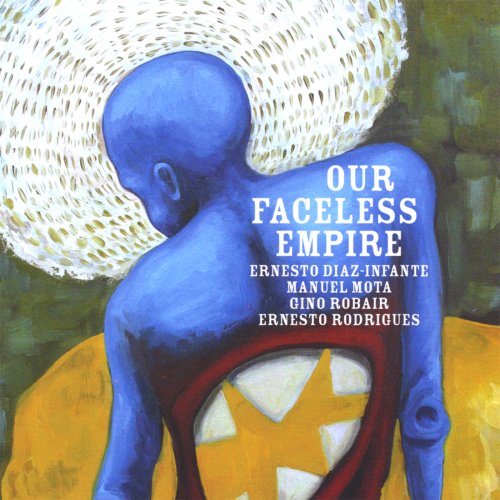Larry Coryell - Coryell (Reissue) (1969/2017)
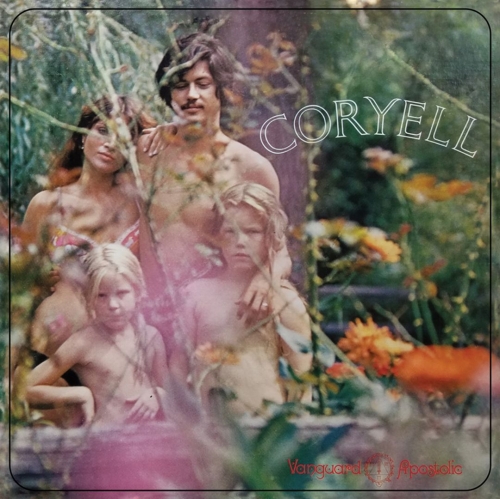
Artist: Larry Coryell
Title: Coryell
Year Of Release: 1969/2017
Label: Real Gone
Genre: Jazz Rock, Fusion, Blues Rock, Psychedelic Rock
Quality: Flac (tracks, .cue, log)
Total Time: 39:41
Total Size: 286 Mb (scans)
WebSite: Album Preview
Title: Coryell
Year Of Release: 1969/2017
Label: Real Gone
Genre: Jazz Rock, Fusion, Blues Rock, Psychedelic Rock
Quality: Flac (tracks, .cue, log)
Total Time: 39:41
Total Size: 286 Mb (scans)
WebSite: Album Preview
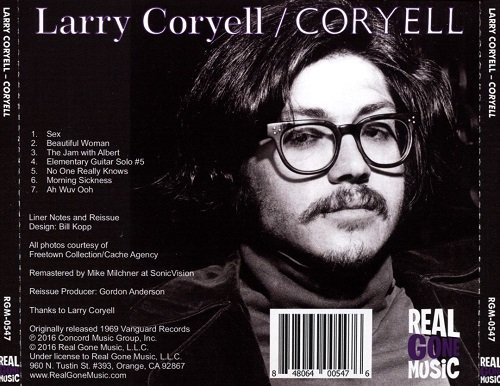
Tracklist:
1. Sex - 3:51
2. Beautiful Woman - 4:32
3. The Jam With Albert - 9:20
4. Elementary Guitar Solo #5 - 6:49
5. No One Really Knows (Julie Coryell) - 5:07
6. Morning Sickness - 5:20
7. Ah Wuv Ooh (Julie Coryell) - 4:22
Larry Coryell - Guitar, Vocals, Piano
Bernard Purdie - Drums
Albert Stinson - Bass
Ron Carter - Bass, Guitar
Chuck Rainey - Bass, Guitar
MIke Mandel - Organ, Piano
Jim Pepper - Flute
A forward-thinking jazz guitarist and early architect of electric fusion, Larry Coryell is perhaps less well-known for his singing. However, during the late '60s and early '70s, Coryell did just that, writing and performing a handful of inspired, if quirky jazz-meets-singer/songwriter style compositions on every album. His second solo album, 1969's Coryell, is a great example, and finds him fearlessly blurring the lines between hardcore blues-inflected jazz, pop, and rock. Helping Coryell to achieve this boundary-crossing vibe are his stellar sidemen including innovative funk-friendly drummer Bernard Purdie and organist Mike Mandel. Also on board are a cadre of illustrious bassists in Miles Davis alum Ron Carter, Chuck Rainey, and the lesser known Albert Stinson, who died tragically not long after recording this album. Together, they laid down a vibrant, organic sound that touches upon groove-oriented blues, acid funk, and searingly amped-up jazz-rock. While certainly a gifted and adroit guitarist, as a singer, Coryell had his own laid-back, lo-fi charm. Years before influential indie bands like Pavement and Wilco defined a whole sub-category of hard-to-classify rock with their noodly guitars and jam-out tunes, Coryell was essentially doing the same thing, albeit from a jazz-oriented perspective. On the cheeky, semi-satirical "Sex" (a title inspired by hearing a woman yell "Sex! That's all you people are interested in!" at hippie anti-war protest marchers in the late '60s), Coryell belts out the chorus à la Jimi Hendrix before launching into a reverb- and wah-wah-pedal-soaked solo. Conversely, on the sweetly delivered, off-kilter ballad "Beautiful Woman," he sings softly in a flat yet soulful falsetto offset by bluesy guitar punctuations. Similarly, the hazy, Baroque pop-inflected "No One Really Knows" sounds like something along the lines of Luna's Dean Wareham singing a Traffic song that then explodes into loungey, R&B-inflected psych jazz jam. It's a style with few contemporary examples to compare it to, aside from perhaps the harmonically varied folk of Tim Buckley or the equally cosmopolitan Brazilian pop of artists like Marcos Valle. What's so fascinating about Coryell's vocal songs is his almost naive eschewing of genre conventions. This is a guy who can play classical guitar one minute, rip into reverb-soaked blues solo the next, and finish by evincing the hollow-body lyricism of Wes Montgomery. Here he is, in the same year that Miles Davis recorded Bitches Brew and the Beatles delivered Abbey Road, casually knocking out what sounds like Pavement's Stephen Malkmus backed by John McLaughlin. Even his instrumental cuts, like the quirkily titled "Ah Wuv Ooh" (co-written with his wife), are dynamically cross-pollinated nuggets of nuanced jazz, soul, and intricately virtuosic guitar heroics. Coryell's singing waned during the '70s, as he focused more on progressive instrumental fusion and his reputation grew as a highly respected jazz artist. However, listening to this album decades after its initial release only reinforces the notion that Coryell was a dynamic, creative visionary, as much in tune with swinging, blues-informed jazz as the psychedelic rock and folk that increasing dominated the airwaves. Ultimately, Coryell's Coryell remains an embryonic artifact of a transitional era both in his own career and popular musical culture.
![Gonzalo Mazzutti - Lo que nos une (2026) [Hi-Res] Gonzalo Mazzutti - Lo que nos une (2026) [Hi-Res]](https://www.dibpic.com/uploads/posts/2026-02/1771563491_cover.jpg)
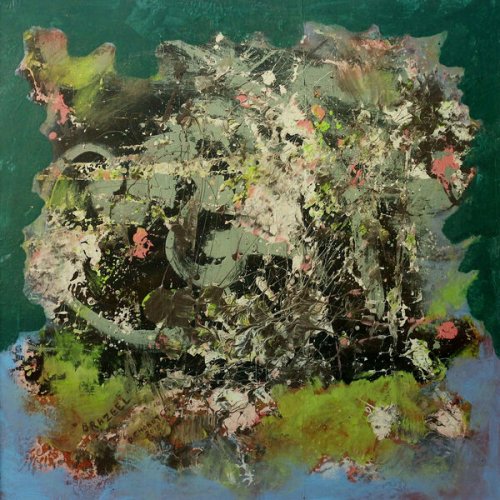

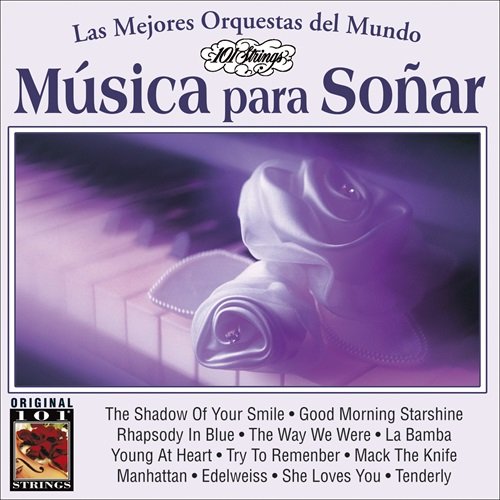
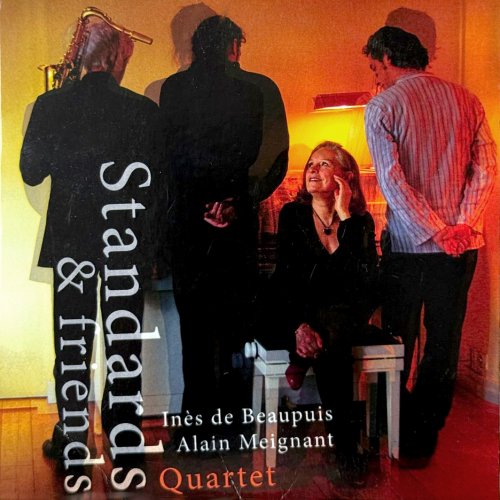
![Ex Novo Ensemble - Claudio Ambrosini: Chamber Music (2020) [Hi-Res] Ex Novo Ensemble - Claudio Ambrosini: Chamber Music (2020) [Hi-Res]](https://img.israbox.com/img/2026-02/22/z541qb9ul4q390uxlw1d9iak3.jpg)
![Eero Koivistoinen - For Children (1970) [2006] Eero Koivistoinen - For Children (1970) [2006]](https://www.dibpic.com/uploads/posts/2026-02/1771615516_ff.jpg)
![Bei Bei - Two Moons (2025) [Hi-Res] Bei Bei - Two Moons (2025) [Hi-Res]](https://img.israbox.com/img/2026-02/19/j5lae93g4obtper3un20ilcnv.jpg)
